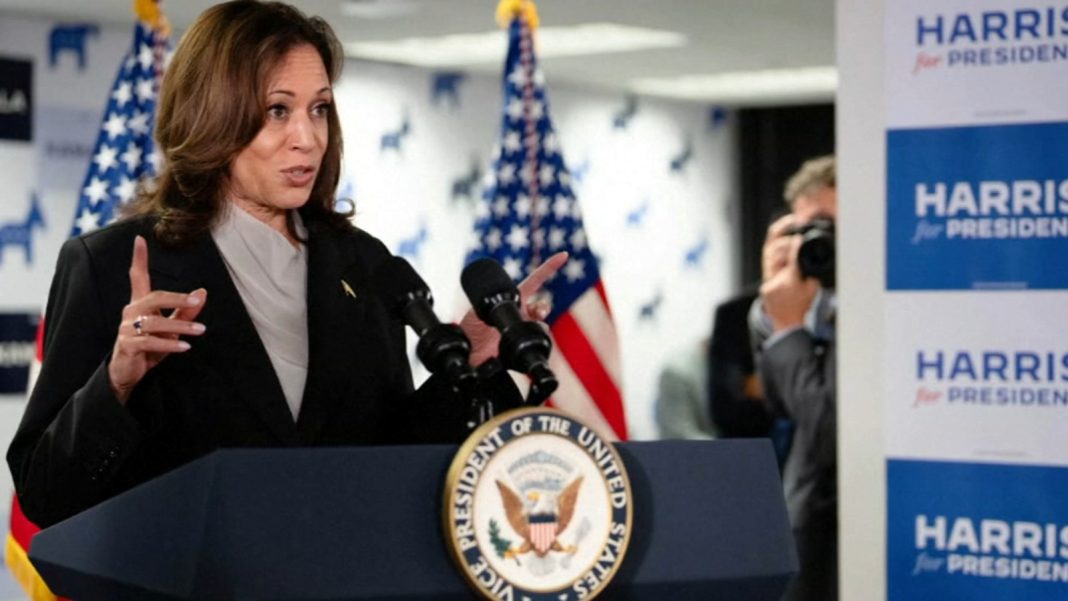Vice President Kamala Harris has emerged as the frontrunner for the Democratic 2024 presidential nomination after President Joe Biden announced his withdrawal from the race and endorsed her. While Harris shares many of Biden’s views on healthcare, such as access to abortion and lowering prescription drug prices, she has taken a more progressive stance on certain issues.
One area where Harris differs from Biden is her support for a single-payer healthcare system, often referred to as “Medicare for All.” In 2019, Harris initially expressed support for eliminating private health insurance but later unveiled her own healthcare plan. Her plan called for expanding Medicare access to all Americans over a 10-year transition period, while still preserving a role for private insurance companies. This aligns with her more progressive stance on healthcare compared to Biden, who has focused on strengthening the Affordable Care Act.
According to Dan Mallinson, an associate professor of public policy and administration at Penn State Harrisburg, Harris may need to consider how she differentiates herself from the previous administration while still being connected to its work. While she supports the Affordable Care Act, she has advocated for a next step like Medicare for All or a public option. However, it remains unclear whether these ideas have broad political support within the Democratic Party.
On the issue of reproductive rights, Harris has been an outspoken advocate for abortion rights, much like President Biden. She has criticized the U.S. Supreme Court’s decision to overturn Roe v. Wade in 2022 and has called for the restoration of protections for reproductive freedoms. Harris has also visited a clinic run by Planned Parenthood, becoming the first vice president to do so. Her vocal support for reproductive rights sets her apart from Biden, who has become more vocal on the issue following the overturning of Roe v. Wade.
Both Harris and Biden have shown alignment in their efforts to lower healthcare costs. Under their administration, the cost of insulin has been capped at $35 per month for many Americans, and the federal government has started direct price negotiations for 10 widely used drugs under Medicare Part D. Harris has also supported a plan to set new price caps for all drugs sold in the U.S., based on prices charged in other developed countries. If Congress fails to pass legislation to lower prescription drug costs, she proposed potential executive actions to address the issue.
Mallinson believes that if Harris becomes president, she may expand efforts to lower prescription drug costs and increase negotiations to cover more drugs. However, he notes that the execution of executive actions may face challenges, as seen with previous administrations. Presidents cannot change policies through executive orders alone; they can only make changes within their existing authority.
In summary, Kamala Harris has positioned herself as a frontrunner for the Democratic 2024 presidential nomination. While sharing many views with President Biden on healthcare, she has taken a more progressive stance on issues such as single-payer healthcare and reproductive rights. As she charts her own path, Harris faces the challenge of differentiating herself while staying connected to the work of the previous administration. Her plans to lower prescription drug costs and expand healthcare access will likely be key areas of focus if she assumes the presidency.


